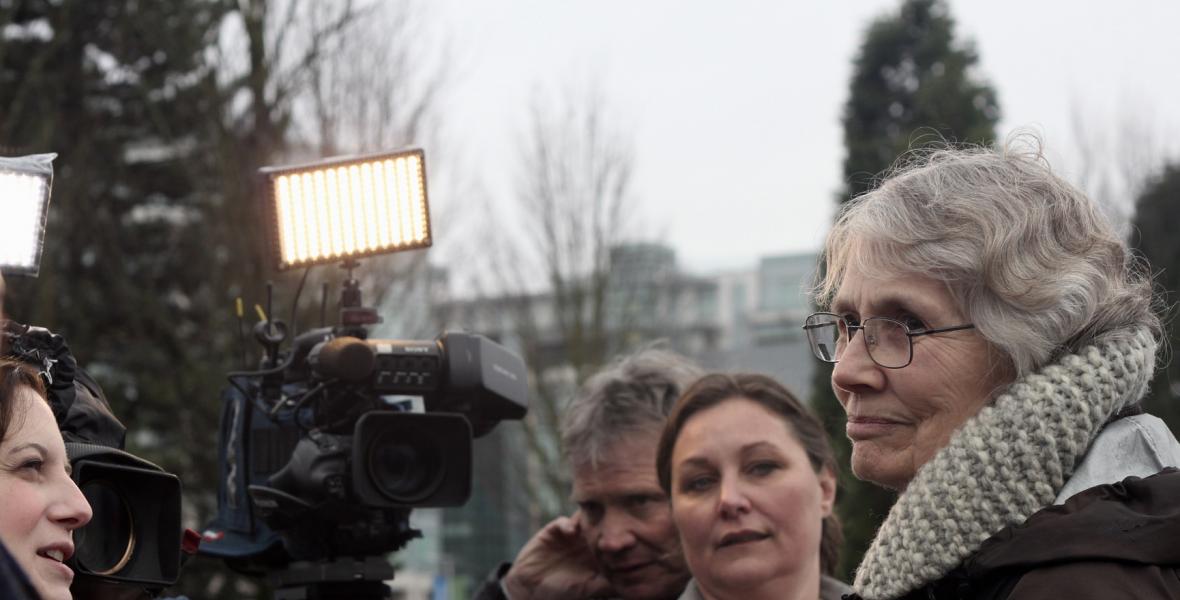On Saturday night, the first by-election in Vancouver since 1992 came to a conclusion. In one way, it was history repeating itself. In most other ways, it wasn’t. In terms of similarities, a Non-Partisan Association’s (NPA) candidate emerged victorious, as was the case in 1992. Back then it was Lynne Kennedy, now it is Hector Bremner.
Unlike 1992, however, this time the by-election was dominated by candidates on the left. This, on its own, played a major role in propelling the NPA to victory, courtesy of a vote split.
Needless to say, the NPA’s victory doesn’t bode well for anyone with progressive ideals. Bremner is a pro-development economic conservative, and his solution to housing, one of most critical problems in Vancouver right now and arguably the issue that dominated this election, was hardly radical: increase the supply of housing.
Guessing which sector a large chunk of Bremner’s support came from should be easy. The flaw in his solution is obvious. He is addressing physical availability and not financial affordability, two very different things.
While increasing the physical availability of housing might appear to be a solution, it is not a concrete one and it leaves the root cause unanswered. Vancouver is home to one of the most grossly inflated housing markets in the world. The problem isn’t a lack of physical housing in the city. The problem is that the available housing is financially out of reach for most people.
Despite Bremner’s victory, one needs to remember that this election has witnessed another phenomenon: the electoral rise of Jean Swanson, who ran as an independent. Swanson has been a tireless anti-poverty and housing campaigner in Vancouver’s Downtown Eastside for decades. She ran for mayor of Vancouver in 1988, but was defeated by Gordon Campbell.
Her headlining proposal this time was a mansion tax whereby homes valued between $5 million and $10 million would have a one per cent surtax, and all houses valued over $10 million be surtaxed two per cent. She also proposed a rent freeze over the next four years.
These radical proposals resonated with a huge number of people in Vancouver who have grown jaded at the city’s un-affordability. The average rent of a one-bedroom apartment now stands at a staggering $2020 per month, and the average price of an apartment is now a mindboggling $650,000 plus.
Her campaign was arguably the most active one of the entire lot, both online and on the streets. The energy of her team was stunning, and propelled her to an extremely impressive second place on the polls with over 10,000 votes, ahead of candidates as such as the Green Party’s Pete Fry, and the ruling Vision Vancouver’s Diego Cardona.
Vancouver has historically not been kind to independent candidates; Swanson’s impressive showing only adds more substance to the brilliance of her campaign.
While Swanson may not have won the seat, she has given rise to a movement and a sense of political urgency not seen in Vancouver for a while. With absolutely no corporate money behind her and an unchequered history, she sowed the seeds for the future. Her calls for a political revolution have been heard loud and clear, gathering the support of not only politicians at home, but even those across the border, such as Kshama Sawant in Seattle. The homeless, the poverty stricken and everyone else feeling the pinch of Vancouver’s growing problems rallied behind her in large numbers.
This appears to be the start of something special. Swanson has achieved victory in defeat.
Salman Zafar is a member of Socialist Alternative Canada and currently serves as the branch treasurer for Vancouver. Find his blog here.
Photo: Tamara Herman/flickr
Like this article? rabble is reader-supported journalism. Chip in to keep stories like these coming.




